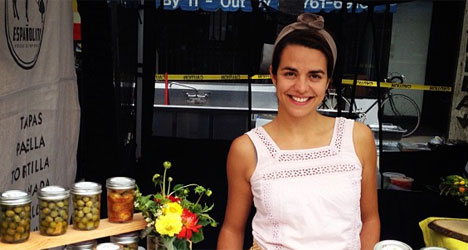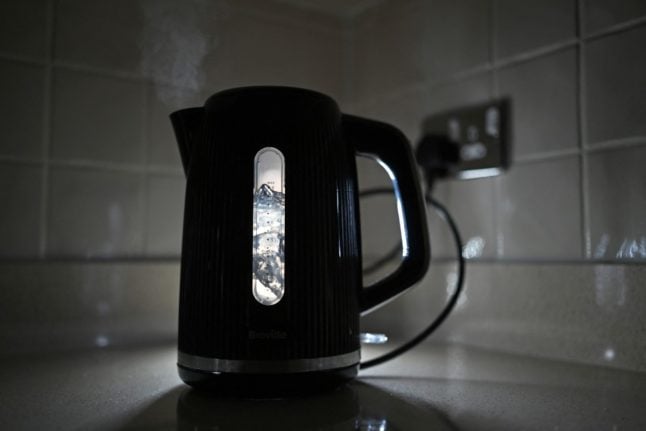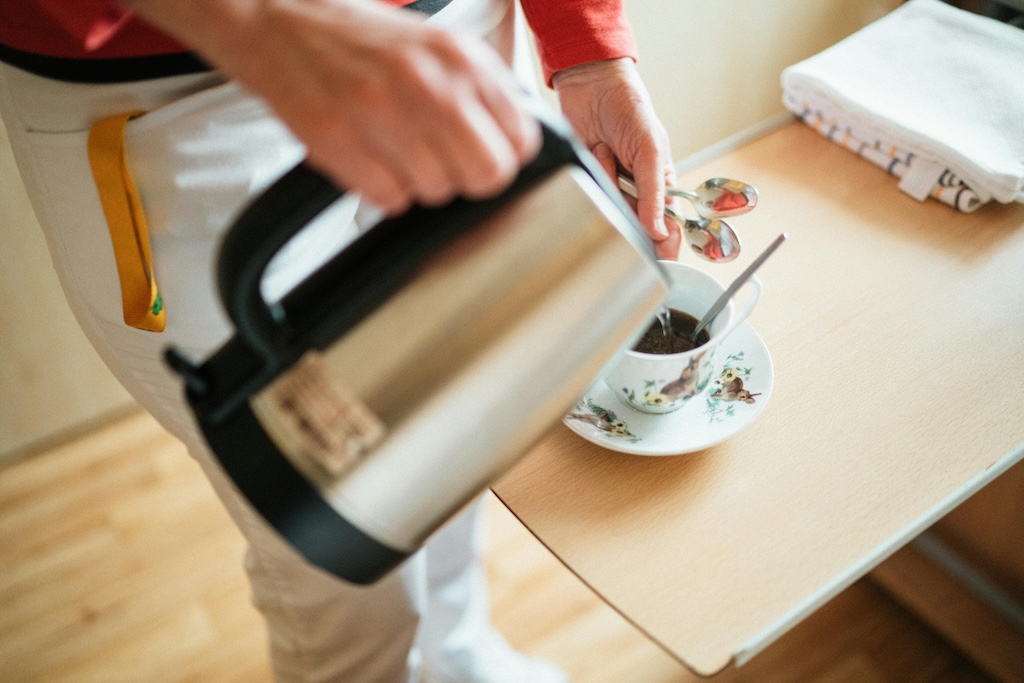Carmen Ruiz de Huidobro moved to the United States from Spain to work as an art director but changed her career course after having a baby.
The company she founded, Españolita Foods, has gone on to become an unexpected smash hit in 'tinseltown'.
Speaking to Spanish daily ABC she said, "It all started five years ago with a paella I ordered that turned out to be very mediocre."
She added: "I found that Spanish food was very poorly represented in California."
"One one hand you have restaurants with Latin American cooks who make everything hot and spicy or Americans who love our country but don't know how to simply interpret our flavours."
In her opinion, "There wasn't anywhere normal, unpretentious and open to everyone that showed how we eat in Spain."
On her company website, she writes: "The way in which I believed Españolita could be introduced was by embracing California's love for seasonal and fresh food, that I also remembered from my childhood summers in Mallorca, Spain."
The Españolita Foods and Imports stand in the Farmer's Market of Studio City has become extremely popular.
"The reception has been wonderful," says Carmen.
Meanwhile, her catering service now supplies movie director Paul Thomas Anderson at home every week plus the office of Steven Spielberg at Dreamworks.
Other acclaimed directors such as Paul Ross and Katherine Bigelow visit her stand to buy gourmet Spanish delicacies and Game of Thrones star Lena Heady both visits and orders Bellota ham to be delivered to her on-set.




 Please whitelist us to continue reading.
Please whitelist us to continue reading.
Member comments